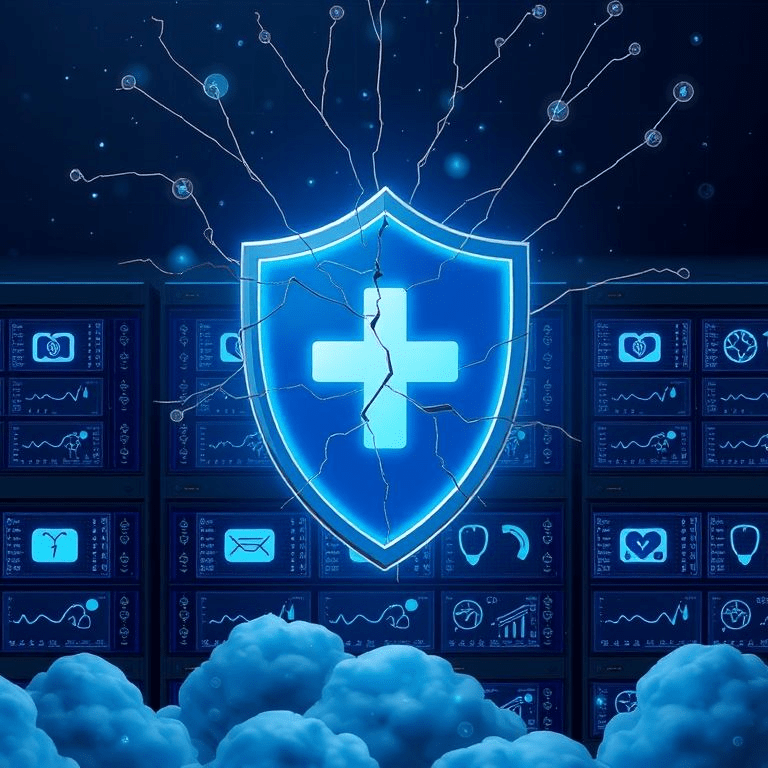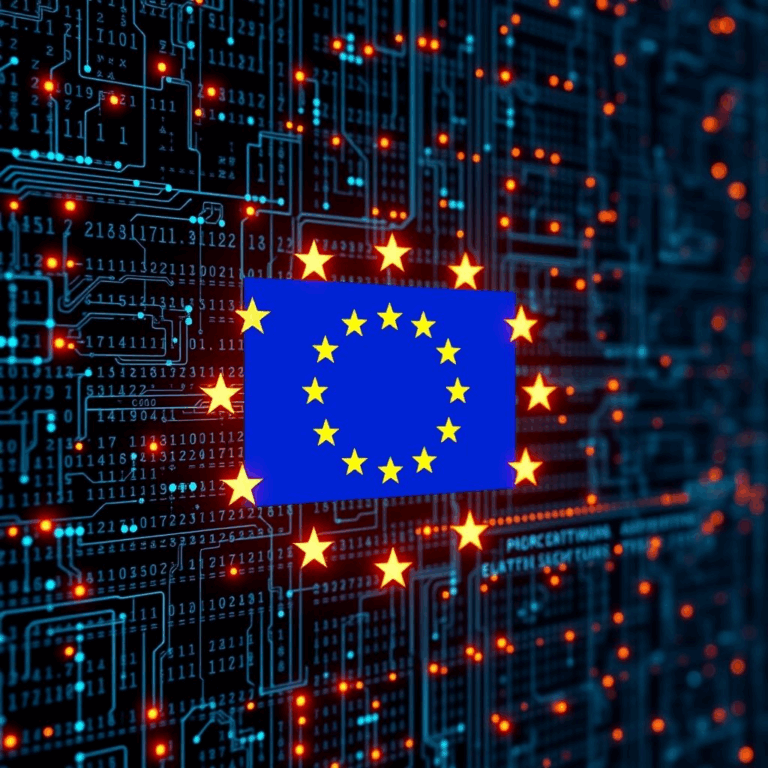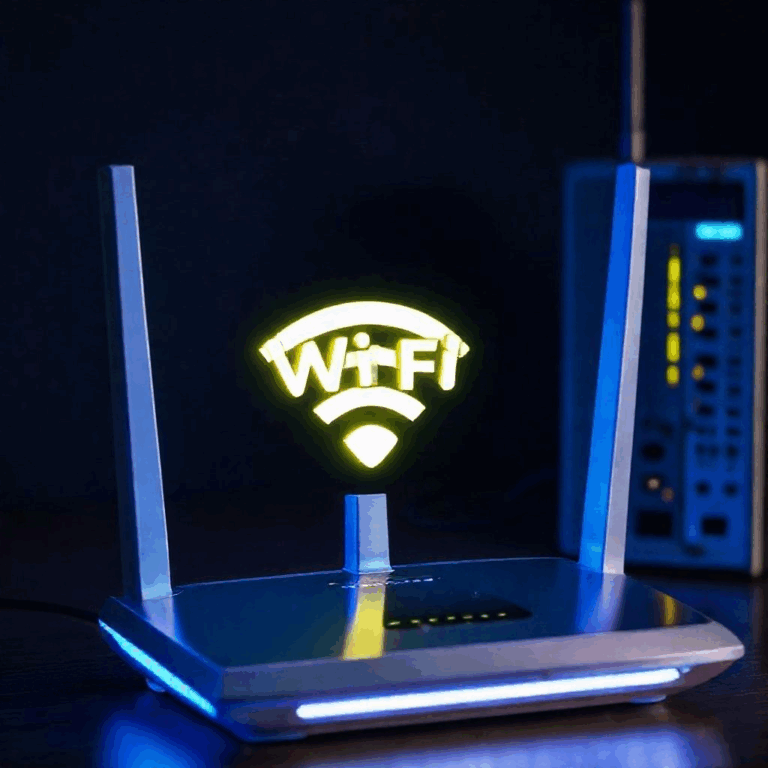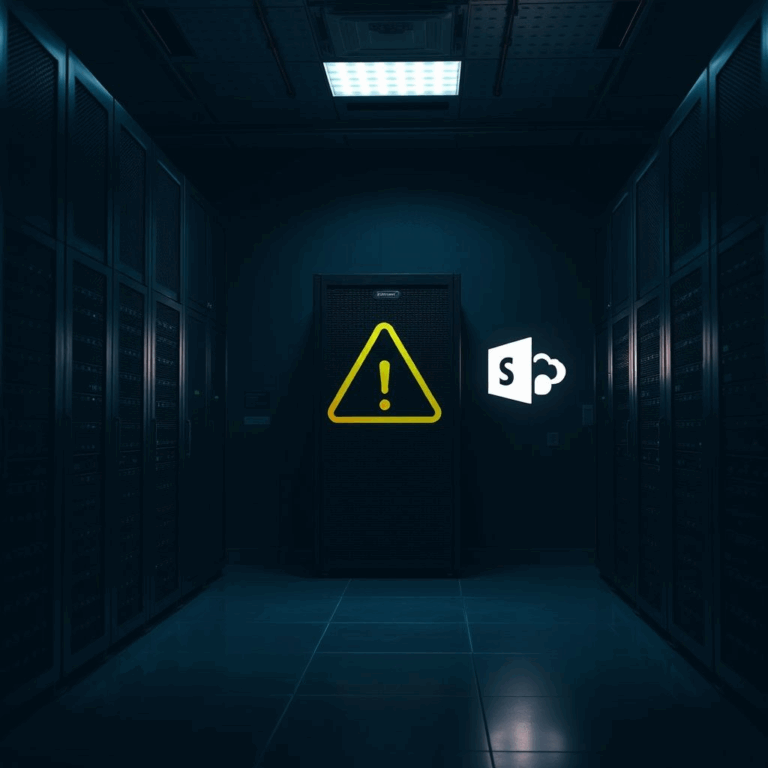The Breach Uncovered
Brazil’s healthcare sector is grappling with a serious cybersecurity crisis after the KillSec ransomware group launched an attack on MedicSolution, a software vendor serving hospitals, laboratories, and clinics. The attackers exploited insecure AWS S3 cloud buckets, allowing them to exfiltrate over 34 GB of highly sensitive data.
Among the 94,000+ files stolen were X-rays, MRI scans, lab reports, and even unredacted medical images of children. Researchers at Resecurity discovered the breach after KillSec boasted about it on underground forums, posting screenshots as proof of access.
The incident underscores a worrying trend: ransomware operators increasingly target supply chains, where compromising a single vendor unlocks access to a wide pool of victims.
Background: Why Healthcare Is a Prime Target
Healthcare organizations have become a top target for cybercriminals worldwide. Medical data is more valuable on the black market than credit card information because it contains immutable personal identifiers — names, birth dates, medical history — that cannot easily be changed.
Moreover, hospitals and clinics often operate legacy IT systems and prioritize patient care over cybersecurity, leaving exploitable gaps. In Brazil, the expansion of telemedicine and cloud-based health software in the wake of COVID-19 has widened the attack surface.
Supply chain attacks, like the one involving MedicSolution, are particularly dangerous because a single point of failure can cascade into dozens of institutions.
How KillSec Exploited Cloud Weakness
KillSec reportedly took advantage of misconfigured Amazon Web Services S3 storage buckets. These buckets were either left without proper encryption or with weak access controls, making them visible to external scanning tools used by hackers.
Once inside, KillSec exfiltrated troves of medical images and diagnostic results, then encrypted data to disrupt workflows. The group is now reportedly demanding ransom payments from MedicSolution and possibly downstream clients to prevent wider leaks.
Resecurity analysts noted that some of the stolen files had been publicly exposed for months before the ransomware activity was discovered, raising concerns about systemic negligence in managing sensitive data.
Expert Commentary
Gene Yoo, CEO of Resecurity, described the incident as a “wake-up call for Brazil’s healthcare industry.”
“Hackers attack supply chains because it allows them to compromise multiple targets efficiently and generate more profit. Vendors in healthcare have to recognize that they are the gatekeepers of patient trust.”
Cybersecurity professionals argue that this breach could have been avoided with basic measures: bucket encryption, access logging, multi-factor authentication, and routine security audits.
Patient Impact and Public Reaction
Brazil’s LGPD data protection law (similar to Europe’s GDPR) requires organizations to safeguard sensitive personal data. Health records fall into the highest protection category, making this breach not only a privacy disaster but also a potential legal quagmire.
Patients, some of whom discovered their medical scans circulating online, expressed outrage at the lack of notification. Advocacy groups are demanding investigations into MedicSolution’s security practices and whether regulators failed to enforce compliance.
The scandal could erode trust in telehealth solutions, which millions of Brazilians increasingly rely on.
Regulatory and Legal Fallout
Brazil’s ANPD (National Data Protection Authority) has already opened an inquiry. If MedicSolution is found guilty of negligence, penalties could include fines worth up to 2% of company revenue (capped at R$50 million per violation).
Additionally, healthcare providers who relied on MedicSolution may face liability if they failed to properly vet their vendor’s security practices.
Legal experts also predict class-action lawsuits from patients whose records were exposed, particularly parents of minors.
Broader Implications for Global Healthcare
This incident mirrors similar supply chain breaches in the U.S. and Europe, where cloud misconfigurations have been exploited by groups like Clop, BlackCat, and LockBit. It highlights the urgent need for:
- Cloud security hygiene: enforcing “least privilege” and encryption by default.
- Third-party vendor audits: ensuring suppliers meet security baselines.
- Incident response drills: preparing for ransomware scenarios.
- Zero-trust frameworks: assuming no external or internal connection is secure without verification.
Outlook: What Happens Next
- Patient notification: Brazilian law requires organizations to notify affected individuals; delays may compound legal risks.
- Possible ransom payment: If MedicSolution negotiates with KillSec, it may prevent wider leaks but set a dangerous precedent.
- Increased oversight: The ANPD could mandate stricter audits for all cloud-using healthcare vendors.
- International scrutiny: With KillSec targeting Latin America broadly, other nations’ regulators may join forces.
Conclusion
The KillSec ransomware breach is more than a local data leak. It is a cautionary tale of how poor cloud configurations and weak vendor security can devastate an entire sector. For healthcare in Brazil, the trust of patients hangs in the balance, and for regulators, the time for stricter enforcement is now.







